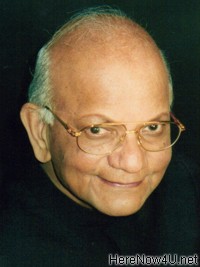The languages of the Jain communities which produced the scriptures and the languages spoken in modern times by most Jains are very different from English. There are difficulties in conveying to readers through print alone how words sound in other languages. I have transcribed words from ancient and modern Indian languages in a way, which seemed most likely to give modern English speaking readers an approximation to the original sounds.
In the case of personal and place names and of well-known words, such as brahmin, I have retained the spellings widely used in English, but which do not necessarily express the pronunciation accurately. Some examples are given in appendix 4.
Readers may assume that transliterated words sound approximately as they do in English except for:
Aa the double a indicates a long vowel sound
dh this aspirated combination of letters sounds like th in 'the'
c in most instances, the consonant c sounds like ch as in'chair'
s most instances the consonant s sounds like sh as in 'share'
Letters such as t, th, d, l and n are not pronounced as in 'standard' version of English, but may, some time, require a prolonged or emphasised sound; interested students require expert help for the correct pronunciation.
ks and jn indicate two sounds which are unknown in English and an attempt to convey these accurately through transliteration would be unhelpful.
 Dr. Natubhai Shah
Dr. Natubhai Shah
